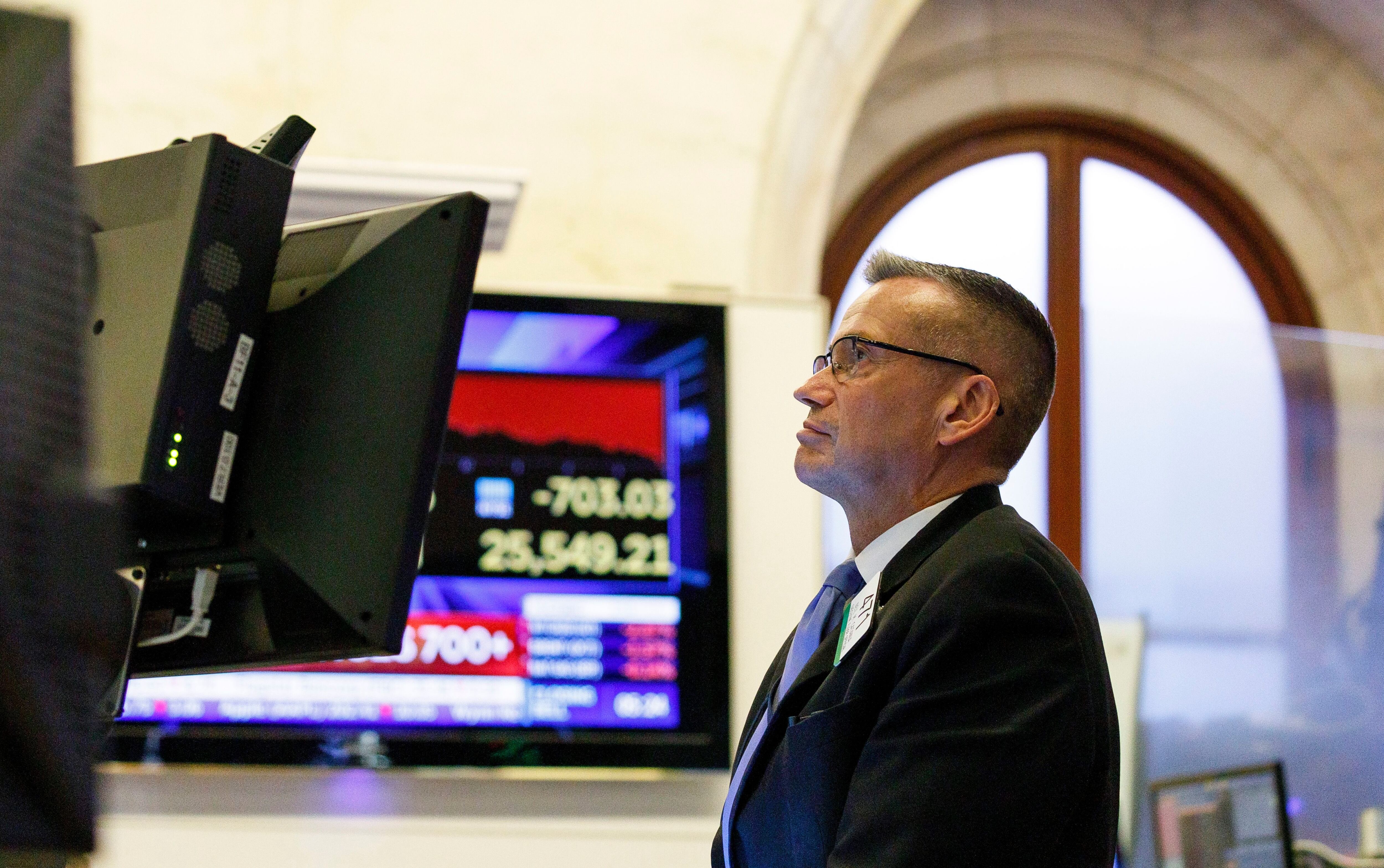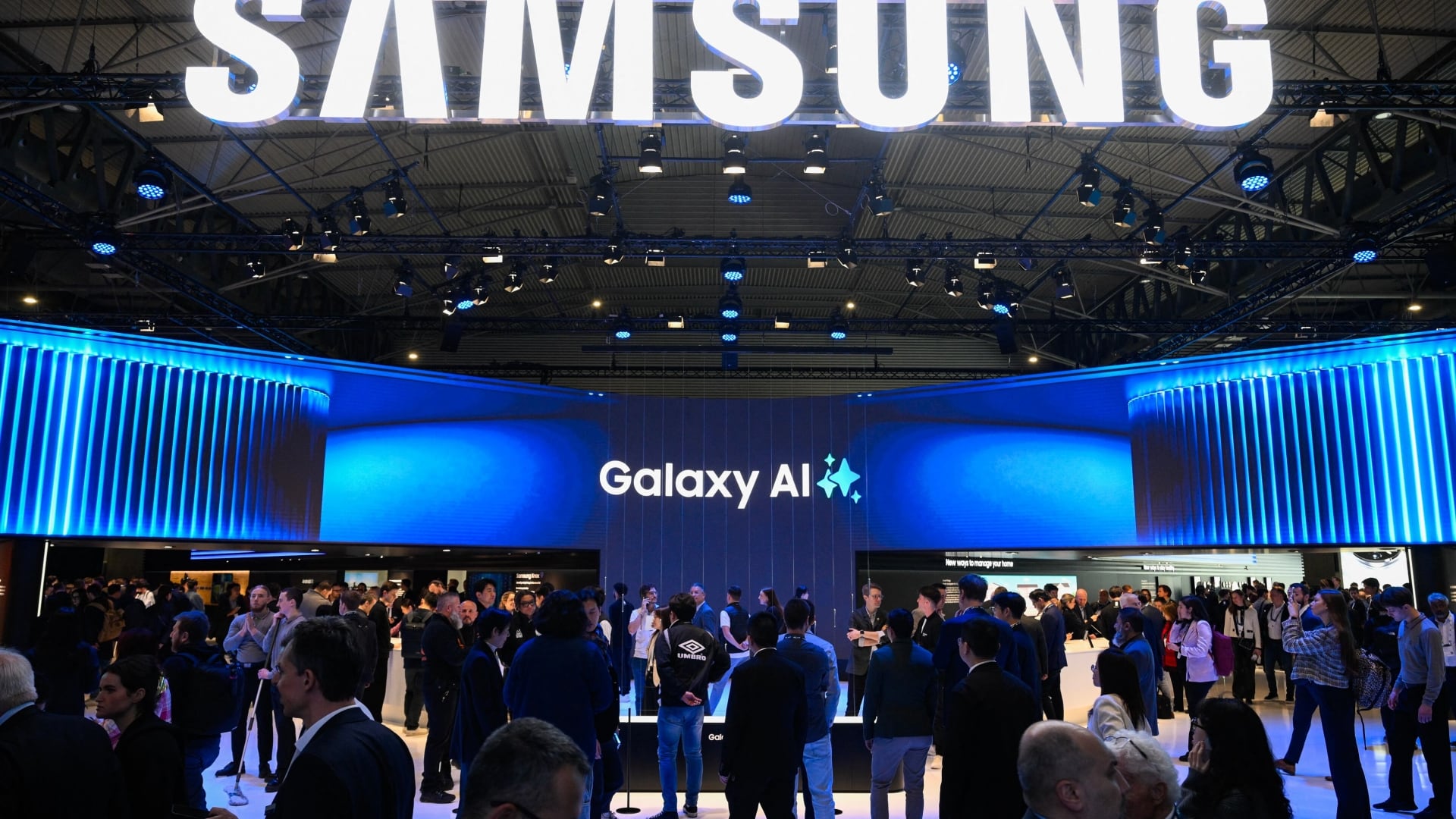The trade war between the U.S. and China escalated throughout the day Friday, culminating with President Trump announcing that the U.S. will significantly hike tariffs on nearly all Chinese imports. The decision came in response to China proclaiming earlier in the day that it would hit $75 billion worth of U.S. goods with new retaliatory tariffs.
"Our Country has been losing HUNDREDS OF BILLIONS OF DOLLARS a year to China, with no end in sight," Trump said on Twitter Friday evening. "In the spirit of achieving Fair Trade, we must Balance this very unfair Trading Relationship."
On September 1, the president said, the forthcoming 10 percent tariff on $300 billion worth of Chinese imports will increase to 15 percent. The 25 percent tariff already levied on $250 billion worth of goods will increase to 30 percent on October 1. The hikes cover essentially all Chinese imports, which totaled $558 billion last year, according to U.S. trade officials.
The escalation of tensions was quickly condemned by the US-China Business Council (USCBC), which called for an end to the "downward cycle of tariff and counter-tariff."
Trump's retaliatory tariffs were announced after the markets closed on Friday, but an earlier warning from the president had already spooked investors. Every major U.S. stock index had erased gains made throughout the week. The Dow closed down 623 points, while the S&P fell 2.6 percent and the Nasdaq finished down roughly 3 percent — all three indexes capped four weeks of straight losses. Apple ($AAPL) lost $44 billion in market value today alone.
Late in the morning, Trump had unleashed on China in a Twitter diatribe in which he "hereby ordered" U.S. companies doing business there to immediately start exploring relocation options; "including bringing your companies HOME and making your products in the USA."
Roughly 2.6 million Americans work in the framework of U.S.-China trade, according to the USCBC, which said that pulling U.S. companies from China would ultimately hurt America's consumers and workers across industries.
The head of government relations at the National Retail Federation (NRF), David French, said that it is especially "unrealistic" for U.S. retailers to move out of China. "Our presence in China allows us to reach Chinese customers and develop overseas markets. This, in turn, allows us to grow and expand opportunities for American workers, businesses and consumers," he said.

China's additional tariffs on $75 billion of U.S. goods were levied on an array of products, including crude oil, soybeans, peanuts, seafood, chicken, fruit and vegetables, and animal fur. The imports will be subject to a 5 or 10 percent additional tariff, which will be implemented in two waves starting September 1 and December 15, Chinese state media reported.
"It's no surprise that China is slapping even more tariffs on American products. Every time Trump escalates his trade war, China calls his bluff," said Roger Johnson, the president of the National Farmers Union, after Trump's morning tweets. Johnson also bemoaned that "farmers are again the target," adding that U.S. soybean exports to China are already down 80 percent and slamming Trump for "making things worse, not better."
Additionally, China said Friday that it is resuming its previously announced plan to impose a 25 percent tariff on U.S. vehicles and a 5 percent tariff on car parts. The auto tariffs — also set to go into effect on December 15 — had been delayed during a brief détente in the trade dispute last December. In recent years, U.S. car exports to China have decreased, falling from $10.2 billion in 2017 to $6.6 billion in 2018, according to U.S. government figures.
The Chinese State Council's Customs Tariff Commission said in a statement Friday that it hopes the two countries will come to an acceptable agreement based on "mutual respect, equality, good faith, and consistency of words and deeds."
In Trump's morning tweets, he said that the U.S. has "lost, stupidly, Trillions of Dollars with China over many years" and that he "won't let that happen!"
Critics, however, have repeatedly argued that manipulating trade tariffs for strategic — and political — gains are unwise and ineffective. Especially since they ultimately lead to higher prices for everyday consumers.
"We do not want to see a further deterioration of U.S.-China relations. We urge the administration and the government of China to return to the negotiating table to complete an agreement," said Myron Brilliant, the U.S. Chamber of Commerce's executive vice president and head of international affairs. "Time is of the essence."
In a later statement, the NRF added that it is impossible for “businesses to plan for the future in this type of environment ... Where does this end?"
In attacking China, Trump also demanded "carriers, including Fed Ex [sic], Amazon, UPS and the Post Office, to SEARCH FOR & REFUSE, all deliveries of Fentanyl from China (or anywhere else!)." Trump did not specify whether federal enforcement agencies have been provided official mandates.
UPS said in a statement that it follows all "applicable laws and regulatory requirements," and works "closely with all law enforcement and regulatory authorities to monitor for prohibited substances." Fentanyl, which can be up to 100 times more potent than morphine, is often used to make illicit and deadly opioid painkillers.
After announcing the tariff hikes, Trump added: "Thank you for your attention to this matter!"













